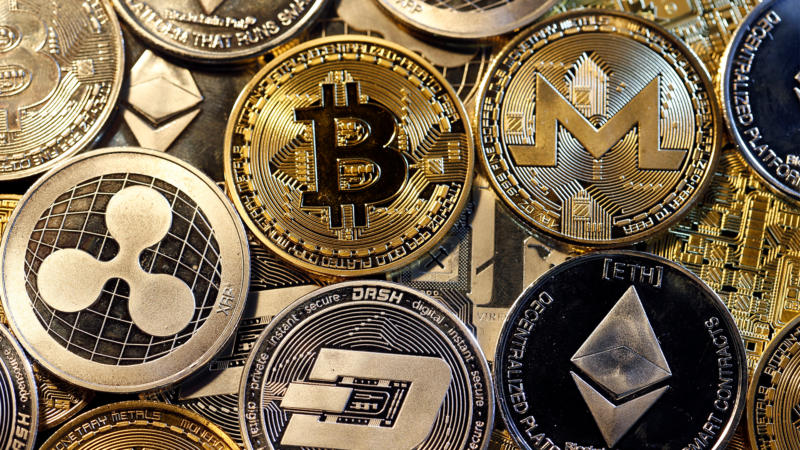Crypto scammers certainly made 2021 their year.
According to a new report from CNBC, the trifling thieves took a gobsmacking $14 billion (with a B!) from their unsuspecting victims last year. That’s a 79 percent jump from the amount of money they stole in 2020 — the year the pandemic began.
Analysts for CNBC blame the rise of DeFi — decentralized finance — platforms for this record-breaking uptick in theft from crypto scammers. In a nutshell: more platforms equals more opportunities for wannabe scammers to rip you off. The outlet also referred to Chainanalysis’s annual CryptoCrime report (yes, this is a thing) to analyze the trends in thievery.
“DeFi is one of the most exciting areas of the wider cryptocurrency ecosystem, presenting huge opportunities to entrepreneurs and cryptocurrency users alike,” Chainalysis wrote in its annual Crypto Crime report. “But DeFi is unlikely to realize its full potential if the same decentralization that makes it so dynamic also allows for widespread scamming and theft.”
And the most common way these crypto scammers make their money? By doing what’s called a “rug pull,” in which the thieves hype up so-called “junk coins” — coins that look good on paper, have a catchy premise, or otherwise promise the world, but ultimately are worthless because they can’t be used to purchase anything of value — only to disappear with them when the coin reaches its highest value.
Crypto Scammers: How To Spot Them...And Avoid Them
Even if you don’t know a lot about cryptocurrency (and trust us, you’re not the only one), it’s easy to spot a wannabe crypto scammer.
“One way to identify a scam is if someone is promising crypto giveaways, or ask prospective investors to send them a few coins for validation of address,” said Shashi Prakash Jha, head of legal and compliance at WazirX. “Another way of spotting a scam is hacked or spoofed social media handles of well-known personalities promising instant doubling of crypto sent.”
The bottom line is, crypto scammers can only be successful when they succeed in playing on your ignorance — and by playing on your need to “get rich quick.” That’s why it’s important to educate yourself on cryptocurrency — and understand that there’s no such thing as a legitimate “get rich quick” scheme.

